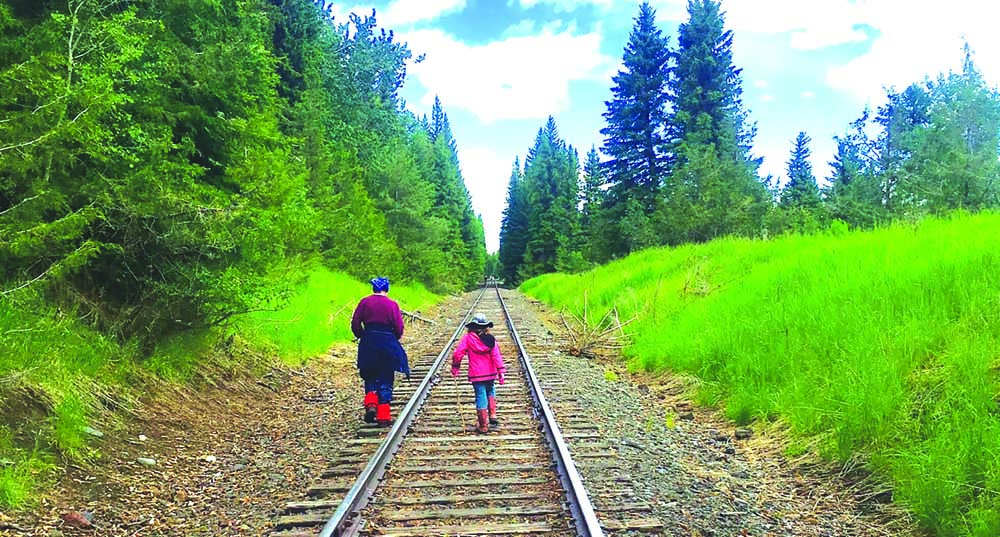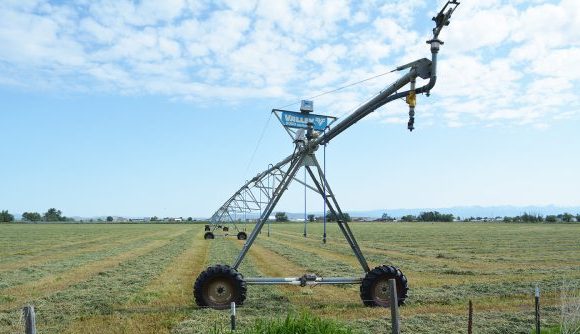My Free Country: Agrarian economy gains many small farm allies
Published 4:00 pm Wednesday, January 30, 2008
Agrarianism is winning the battle for the hearts and minds of many farmers across the country, even if industrialism is winning the war for everything else Americans own.
Sure, the Industrial Revolution beat the agrarian economy hands down years ago. But agrarian philosophy appears to be making a comeback, particularly among small farmers.
In the 2002 essay collection, “The Fatal Harvest Reader: The Tragedy of Industrial Agriculture,” agrarianism is promoted as the best path forward for agriculture.
In his introductory essay, Wendell Berry describes agrarianism as “a way of thought based on land,” as opposed to industrialism, “a way of thought based on monetary capital and technology.” Agrarianism “is a culture at the same time that it is an economy,” Berry says, and “an agrarian economy is always a subsistence economy before it is a market economy.”
Agrarianism is a way of life centered on the survival of each farm household through that family’s relationship with the land and nature. Certain incentives come into play in the agrarian arrangement. Berry classifies them generally as a tendency toward conservation.
As a subsistence economy, the agrarian economy is necessarily diversified, and the activities associated with living from the land “bind people to their local landscape by close, complex interest and economic ties.”
Simply put, survival depends on both the long-term health of the land and natural ecosystems, as well as the long-term well being of the people who are putting those resources to good use.
In contrast, “industrialism is an economy before it is a culture,” Berry contends. “Industrial culture is an accidental by-product of the ubiquitous effort to sell unnecessary products for more than the are worth.”
Where producers and consumers are one and the same in the agrarian way of life, they are as close as neighbors. Berry writes that “the great destructiveness of the industrial age comes from a division, a sort of divorce, in our economy, and therefore in our consciousness, between production and consumption.”
“(I)n dividing consumption from production, we have lost the function of conserving. … Neither the producer nor the consumer any longer says, ‘I must be careful of this so that it will last.’ The working assumption of both is that where there is some, there must be more. If they can’t get what they need in one place, they will find it in another.”
It’s common for environmentalists and farmers to come together in the agrarian world-view, where nature is treated with ultimate respect. As Berry puts it, nature is affirmed as “the final judge, lawgiver and pattern- maker of and for the human use of the earth.”
At the root of the agrarian-industrial schism is a question about balance of power. Should it be dispersed or centralized in an economy? While an agrarian economy aspires to many owners, an industrial economy has relatively few owners and many workers.
“The central figure of agrarian thought has invariably been the small owner or small holder who maintains a significant measure of economic self-determination on small acreage,” Berry writes.
“A major characteristic of the agrarian mind is the longing for independence – that is, for an appropriate degree of personal and local self-sufficiency. Agrarians wish to earn and deserve what they have. They do not wish to live by piracy, beggary, charity, or luck.”
Even amongst farmers, to some it must sound quaint and impractical to hear the agrarian economy championed in this day and age. But embracing an agrarian ethic does not mean we have to turn back the clock, give up all luxuries, close our factories and shut down the cities.
Not everyone needs to farm in an agrarian economy. But the producer-consumer disconnect must be bridged. Urban populations must have close ties to the farmers surrounding them, and farmers must themselves be able to sell in their local communities. A little less emphasis on competition in our society, and a little more effort toward cooperation, will serve the long-term interests of community and ecological welfare.
In the end, the every-man-for-himself individualism of industrialism can’t deliver on the kind of widespread independence and satisfaction that is to be had in a society built on an agrarian economy.
Angela Black writes on freedom and farming issues from her home in Lostine. She may be reached at angela-black@hotmail.com.









